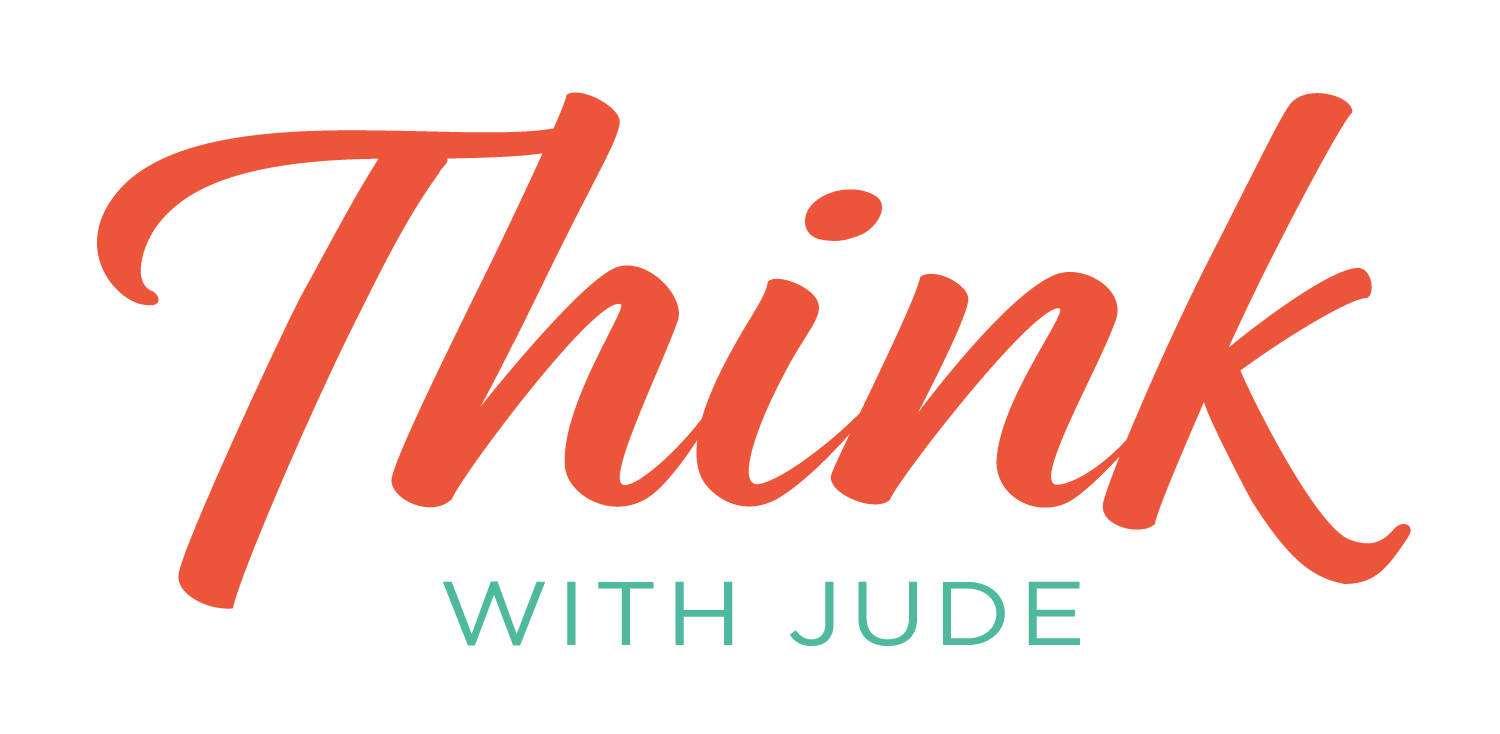How to make it safe for coach-like conversations
A coach-like manager will never say, “this is a safe space”.
Because they know telling someone it’s a safe space, doesn’t make it so. Only you can know if a space is safe for you or not.
Amy Edmondson‘s work on psychological safety has shown that teams perform better when everyone knows that they won’t be punished or humiliated for sharing ideas, questions, concerns or mistakes.
One time in my career as an IT auditor I walked into Peter’s office and told him I thought his approach to an IT audit was wrong.
He was a partner (senior executive) and I was a senior auditor. He had a good 20 years’ more experience than I did and he could’ve played that card and told me not to question him.
Instead, he asked me to explain why I thought it was wrong and what I’d do instead. He didn’t interrupt; he listened and asked a few questions. He showed me that this was a safe space and I felt it.
By the end of the conversation, I realised he was right after all and, instead of feeling stupid, I felt I knew more than when I’d walked in. I also felt heard and respected and I bet Peter felt more confident in my abilities too.
As the manager, you have more power and authority than your team members.
Even if you’re part of the ‘gang’, there’s always the possibility in their minds that you can use your power and authority if you want to.
That can make it hard for your team to open up because they don’t want to be seen as incompetent or, even worse, emotional in front of the boss.
So what can you do to demonstrate to your team that it’s ok to question decisions, make mistakes and share their thoughts?
Amy Edmonson, who has pioneered psychological safety research has three ideas to get you started:
* Frame dilemmas that come up as opportunities for learning rather than blaming people for not delivering.
* Be vulnerable with the team and share your own failures and setbacks. Give them permission to tell you if they think you’ve missed something or made a mistake.
* Stay curious and ask questions to learn more.
When you do these things you don’t have to tell your team it’s a safe space, they’ll feel it.
So, which one are you going to try this week?





